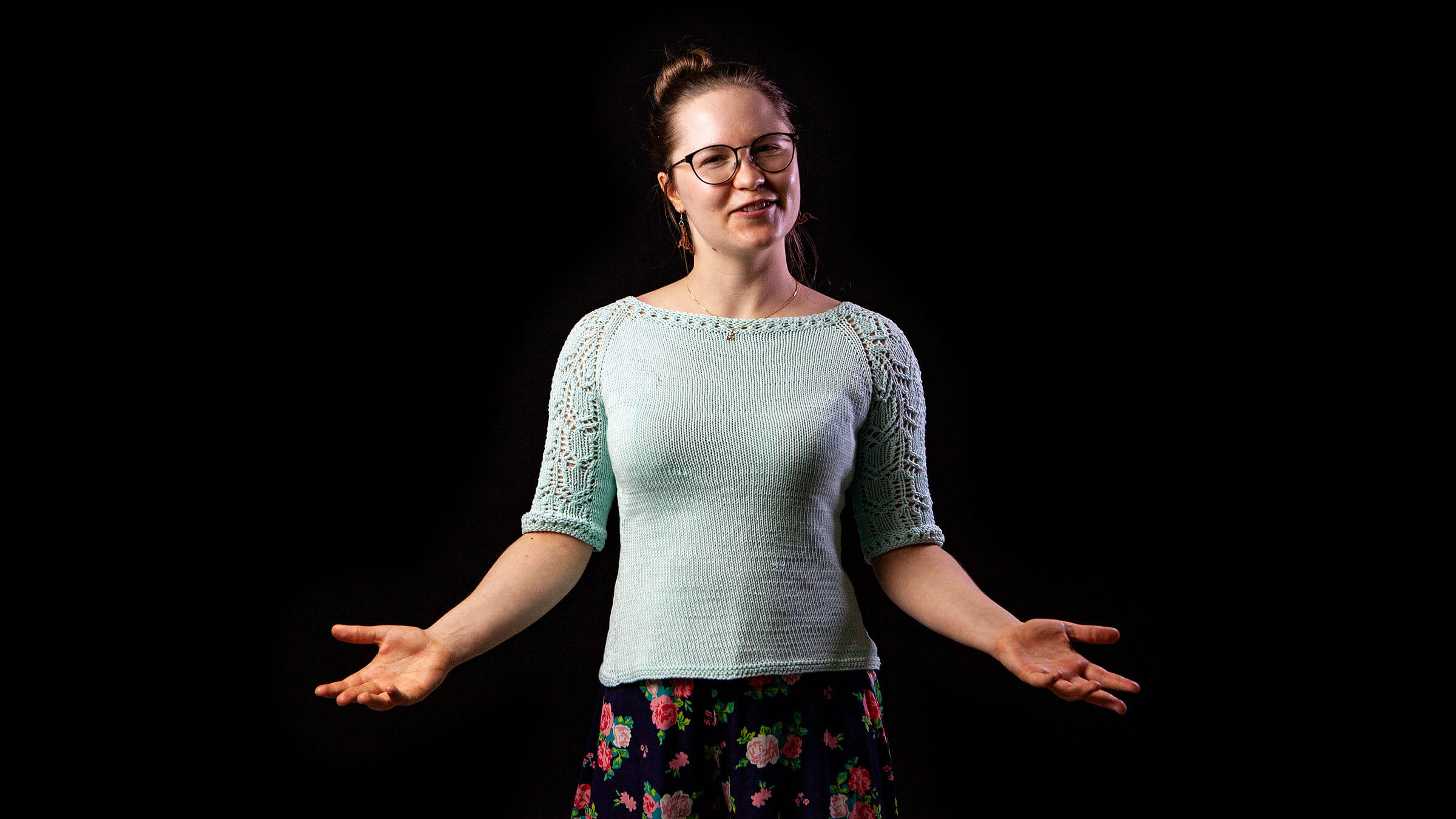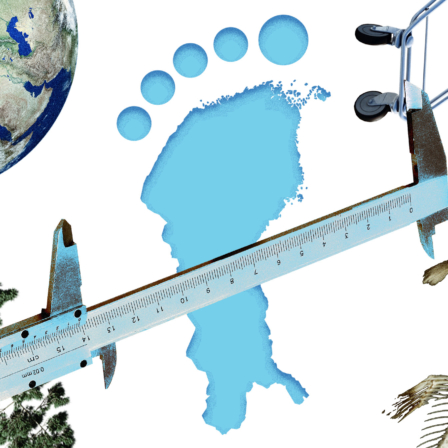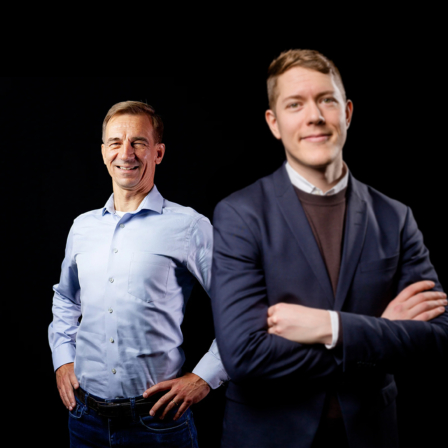In December, the UN Biodiversity Conference agreed on a historic package of measures for tackling the loss of nature.
The message for this decade is clear: we must halt the decline of biodiversity and focus on ecological recovery.
This will be no easy task; it will take a wide-ranging change in societies, from our way of consuming natural resources to our values and attitudes.
On the other hand, failure is not an option, as biodiversity is a basic precondition for human well-being. To succeed, we need everyone onboard: governments, companies, organisations, volunteer associations and ordinary people.
What will be your contribution? Could the first step be to increase your understanding and to identify how you can support biodiversity recovery?
What will be your contribution?
We all need to understand biodiversity
In the future, decision-makers’ desks will be littered with more and more issues related to biodiversity. The process of implementing the UN biodiversity targets and the EU biodiversity strategy will start in Finland this year.
The responsibility for tackling these issues in Finland falls to the next government. In the long run, ministers and politicians will be able to make smart decisions, from the perspective of Finnish well-being, only by considering the value of biodiversity for our economy, well-being, health and safety.
As political decisions progress, future and current entrepreneurs, employees and business leaders will need information about the natural world to find their way in the changing operating environment.
From the perspective of business, the loss of nature heightens risks. At the same time, seizing solutions creates opportunities for pioneers. Understanding biodiversity will soon be an important employment skill.
Understanding biodiversity will soon be an important employment skill.
Organisations and individuals will also play an important role in driving the change and speeding up grass-roots efforts.
For every summer cottage owner who wants to influence the future of their neighbouring forest, for every parent who wants to live a life that respects their children’s future and for every food enthusiast who has forgotten where food comes from, it is important to become aware of how we humans depend on healthy ecosystems.
You can always explore nature by going outdoors and observing your surroundings, but there are also free courses and tools available. A great first step for everyone to better understand biodiversity is taking the free Biodiversity.now online course.
Biodiversity equals life
When thinking about what constitutes a good life – now, in the decades to come or for future generations – it is clear that understanding climate change is no longer enough. Each of us also needs to have a deeper understanding of human dependence on ecosystems.
Each of us also needs to have a deeper understanding of human dependence on ecosystems.
As decision-makers, business leaders, parents and citizens of today, the first step to realising your role in stopping the loss of biodiversity is to learn more about the natural world. To reverse the decline of biodiversity, it is important for each of us to find actions that suit us.
There are many practical reasons for learning more about biodiversity. For me personally, the essence of it all lies in the meaning of biodiversity.
Biodiversity equals life – life in all its forms, the diversity of life on earth.
Because I care about upholding life, I strive to better understand the diversity of life that is intertwined with my own well-being.
















Recommended
Have some more.